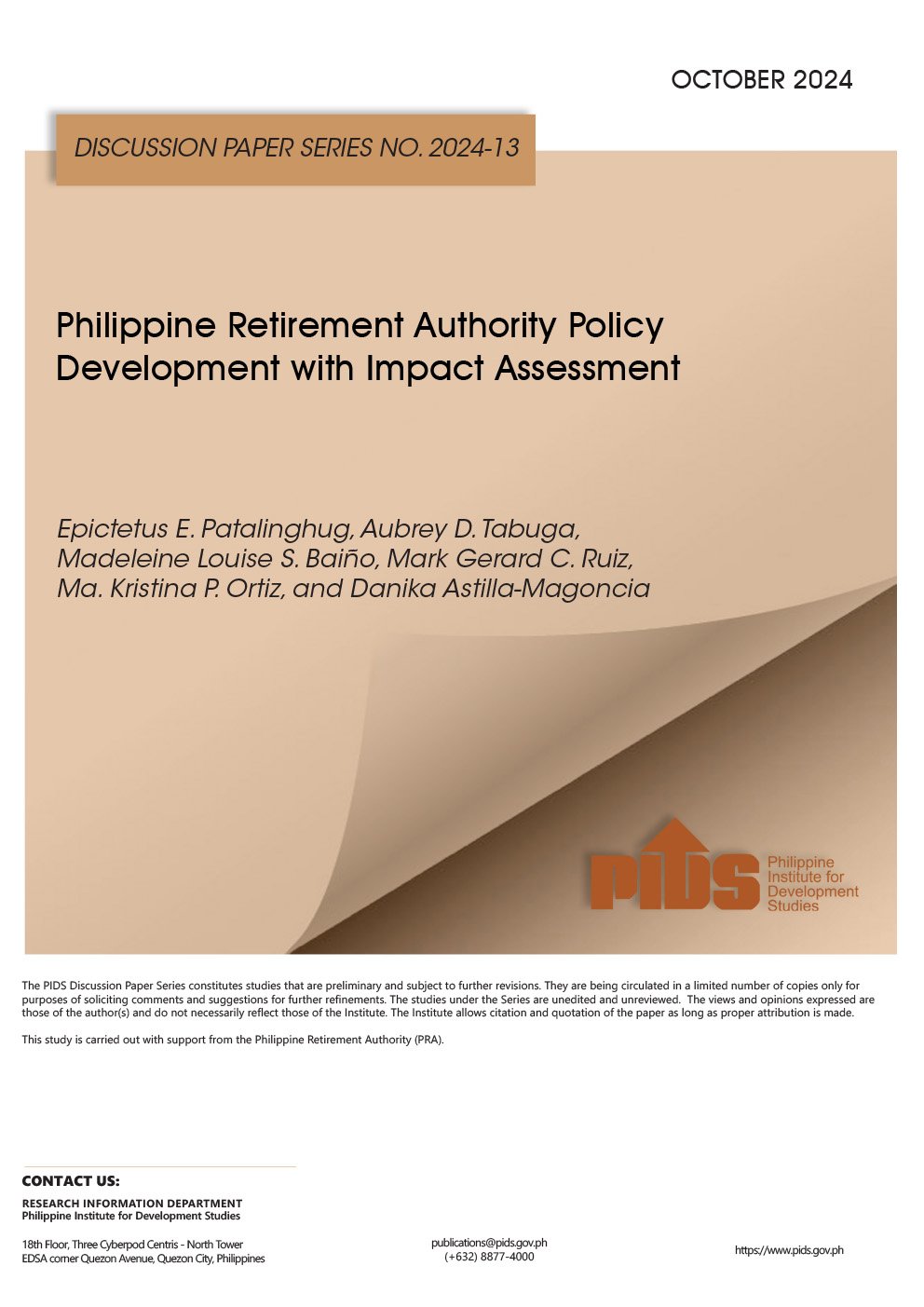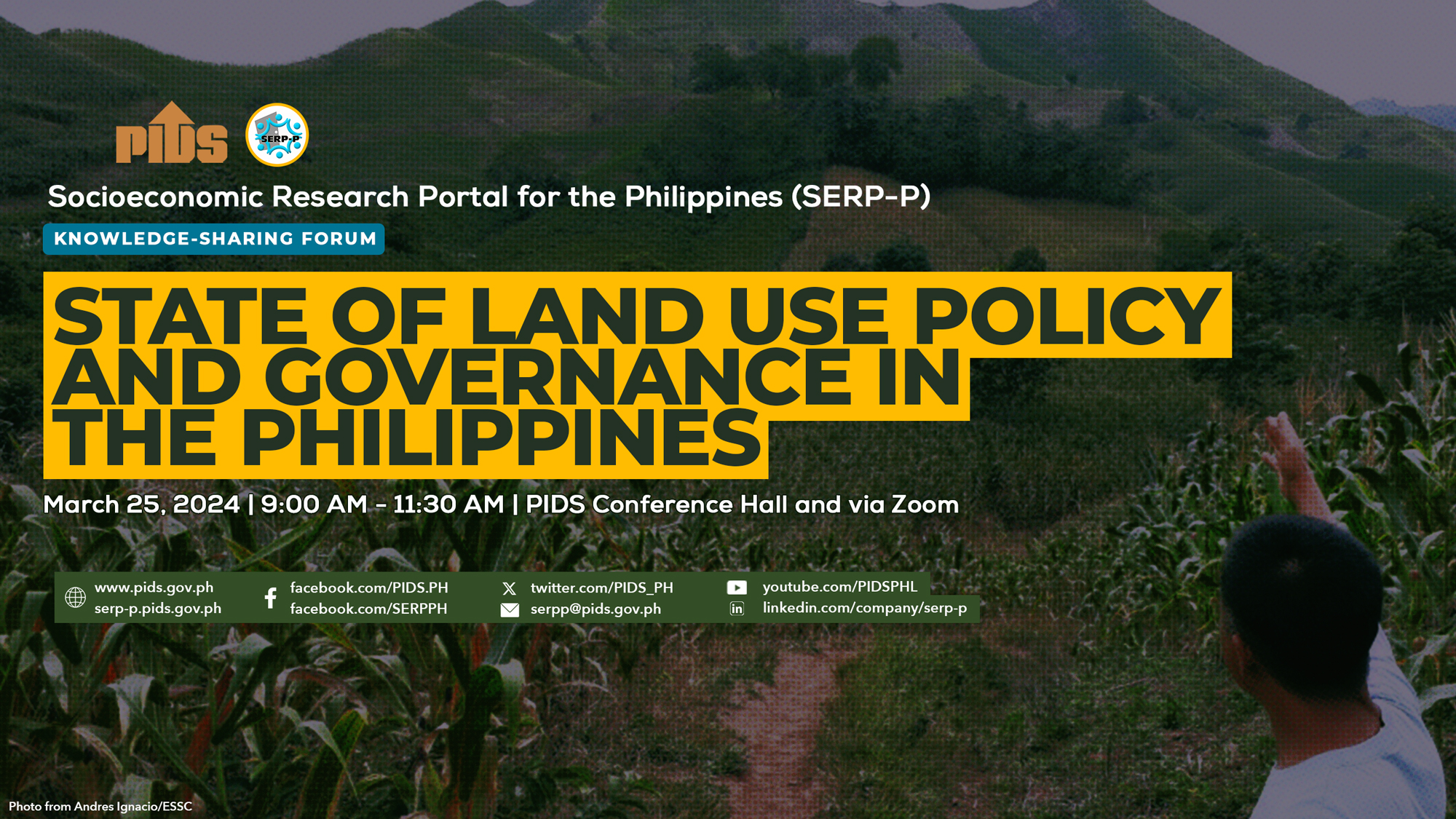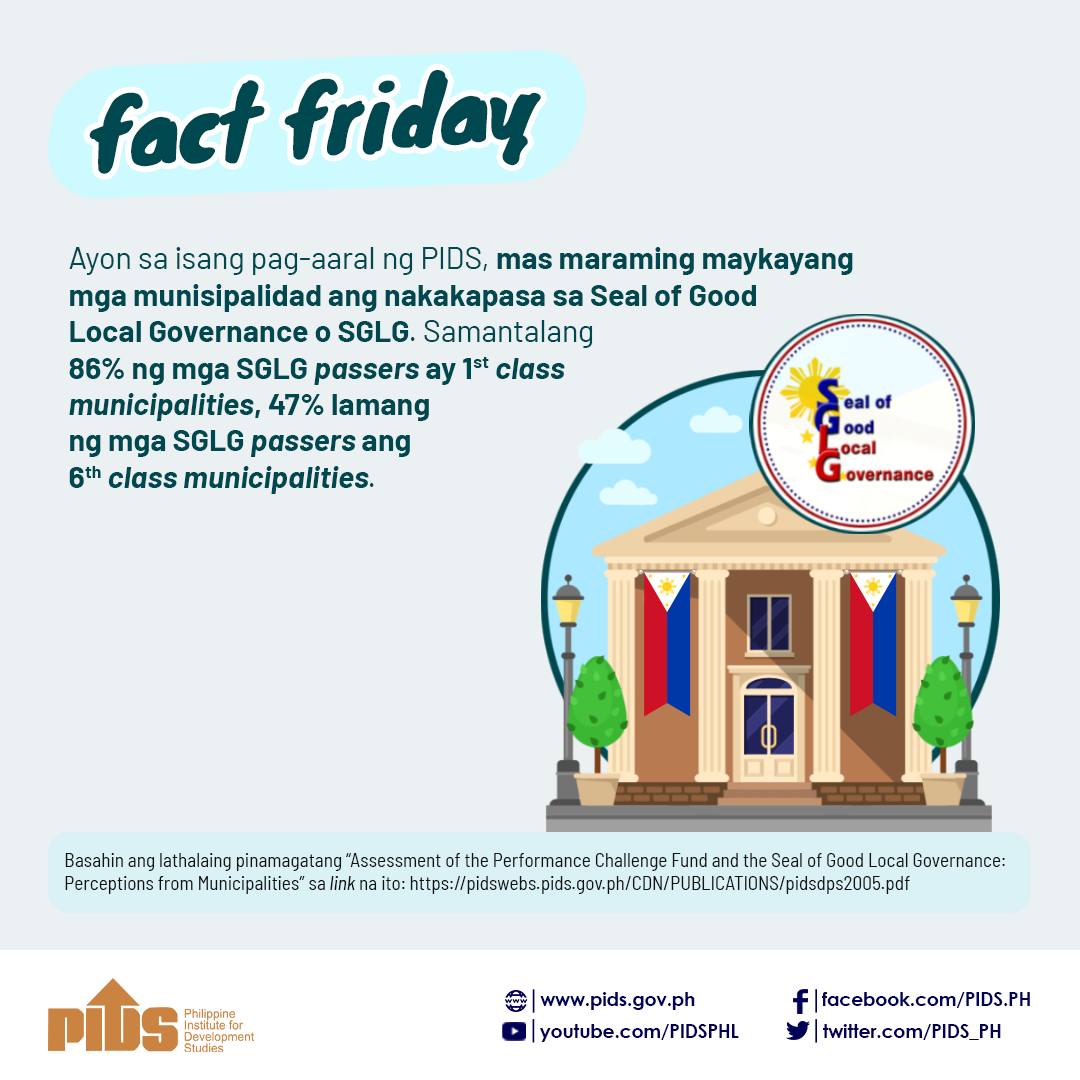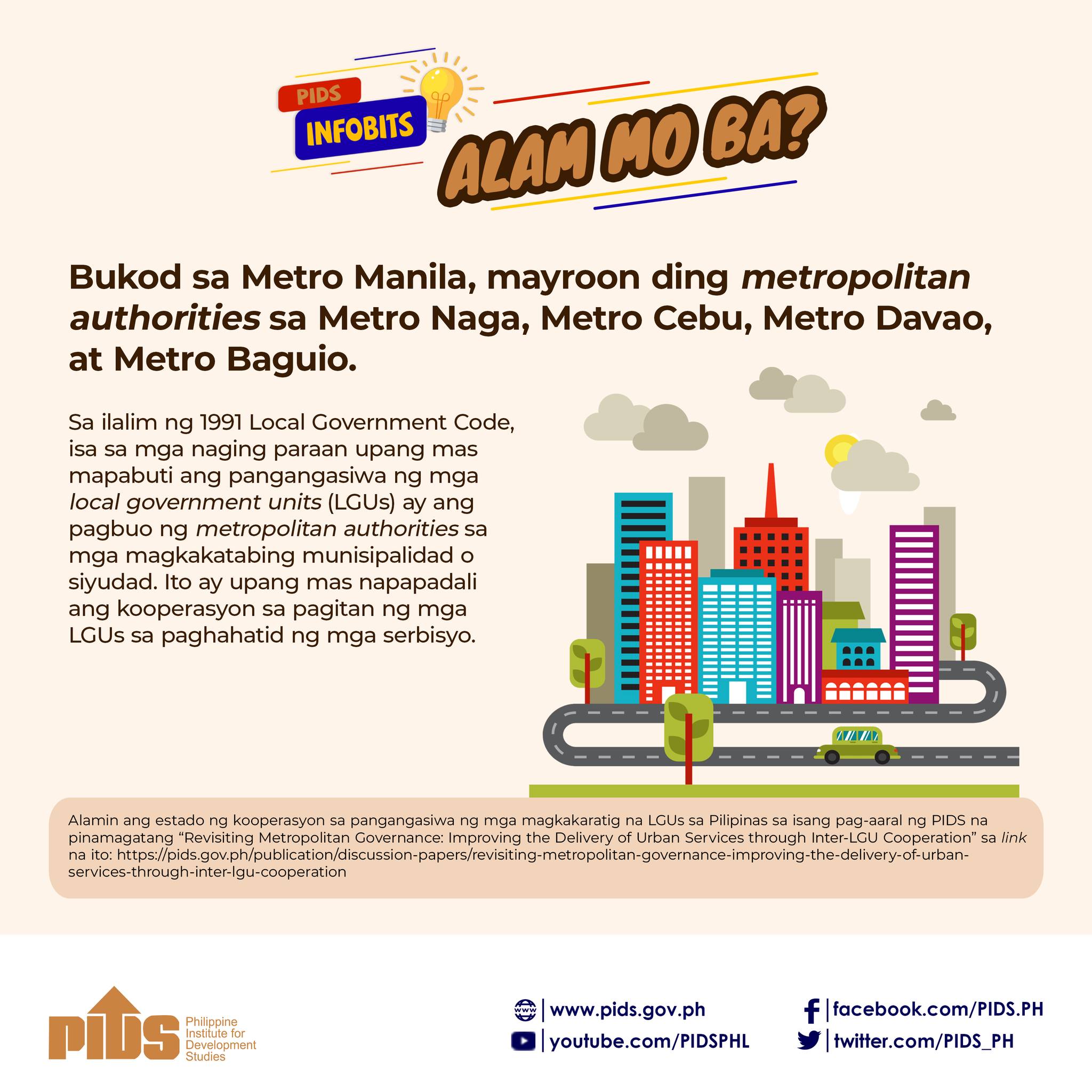THE next president of the Philippines should make governance and synergies a priority if the country is to recover from the ravages of the pandemic, become resilient to external shocks, and poise itself for sustainable growth, according to business leaders.
“There is no better time to effect this fundamental change than now because we are in the midst of a watershed year in our political and economic history,” said Prof. Victor Andres “Dindo” Manhit during a recent virtual roundtable discussion entitled Business Agenda for the Next Administration organized by Stratbase ADR Institute.
Manhit said it is crucial that transparency is institutionalized across all levels of government, both national and local. “After all, transparency breeds good governance, which creates public trust,” he said.
Among those who participated in the forum were Makati Business Club Chairman Edgar Chua; Alfredo Pascual, President of the Management Association of the Philippines (MAP); George Barcelon, president of the Philippine Chamber of Commerce and Industry; and Sergio Ortiz-Luis Jr., president of the Employers Confederation of the Philippines (ECOP).
Barcelon acknowledged that uncertainty over the ongoing war in Ukraine has serious ramifications on the country’s economic recovery but stressed that the PCCI has a program, Reach Out, ready to be presented to the next president.
Reach Out stands for efforts on priority sectors to shore up the economy: reinvigoration of natural resources, education and energy, connectivity, human skills and human dignity, and transformation and transparency.
“It is critical at this point to take urgent and even drastic measures to develop our resilience to external shocks,” Barcelon said, emphasizing the development of the agriculture and fishery sectors to ensure self-sufficiency and food security.
Pascual talked about the parallels between public governance and corporate governance and discussed how the Performance Governance System, a performance management and measurement tool that aims to translate organizational goals into breakthrough results, guided by set performance indicators and metrics as practiced in the private corporate world, is being used to introduce reforms to some government offices.
Pascual said digitalization is one of the most important aspects of good governance.
“Digital technologies to facilitate efficient and instant transmission and processing of information as well as storing and retrieval of data.” he said. “Thus, digitalization helps implement core values of good governance such as transparency, effectiveness, accountability, and participation of citizens in the case of the public sector. Digitalization can disrupt corruption.”
Luis said that beyond creating and saving jobs is the need to transform jobs that have become obsolete as the country continues to adapt technological improvements for businesses.
“Saving and transforming jobs needs investment in education and skills development. Equipping graduates, new hires and employees with the right skills and competencies that will continue to be relevant is a game changer in ensuring productivity, efficiency and competitiveness,” Luis said.
Chua advocated for the further liberalization of the Philippine economy, saying: “With globalization, there is no alternative but to open up the economy to create more jobs for Filipinos, lower costs for consumers, encourage technology transfer, and improve the competitiveness of the Philippine economy.”
The forum also saw the launch of the special papers written by Stratbase fellows – former Bangko Sentral Deputy Governor Diwa Guinigundo, (Pursuing an Investment-Led, More Sustainable Economic Growth) and Distinguished Visiting Fellow, Philippine Institute for Development Studies (PIDS), Dr. Vicente Paqueo (Issues for the Next Administration’s Development Agenda on Human Capital and Labor Markets).












